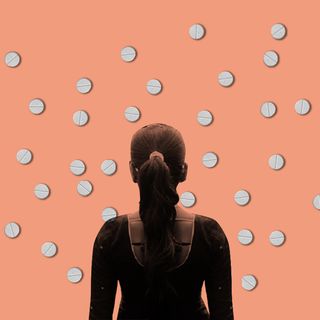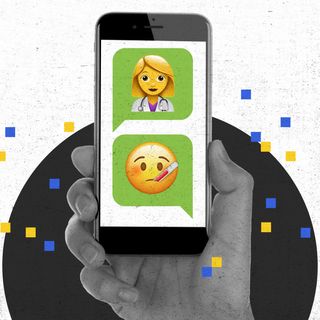Medications we consume can accumulate in our gut bacteria, potentially reducing their effectiveness on our systems and exposing us to various side effects, according to a new study.
Published in Nature last week, the study found that before drugs — such as antidepressants, pain-relievers, and heart medication — physically exit the human body, they come into contact with organisms in our gut, which collect the chemicals in the medication.
The researchers explained that it was previously believed human gut bacteria can chemically modify drugs with which they interact in a process known as “biotransformation.” However, the present study points to their mass accumulation in the gut bacteria.
“It was surprising that the majority of the new interactions we saw between bacteria and drugs were the drugs accumulating in the bacteria… until now biotransformation was thought to be the main way that bacteria affect the availability of drugs,” Kiran Patil, a microbiologist at the University of Cambridge, who co-authored the study, told the press.
Although many bacteria in the gut accumulated chemicals from drugs, the researchers also found that other species were simultaneously modifying or biotransforming them.
Related on The Swaddle:
A Combination of Exercise and Calorie Restriction Could Negatively Impact Bone Health
This “hijacking” of drugs has the potential to alter the behavior of gut bacteria and impact metabolic processes in our bodies. In addition, they can also affect the distribution and balance of bacterial populations. These findings might ultimately lead the medical community to rethink the prescription of different dosages of medicines.
“After all, when we measure dosage, we haven’t exactly been accounting for the hangers-on: a microbial entourage who ends up accumulating a certain amount of what we swallow,” a report by ScienceAlert notes, adding that “it’s possible the same phenomenon could also introduce or affect side effects in patients… with drug regimens being slightly altered by invisible hands.”
However, developing processes to ensure the effectiveness of these drugs isn’t going to be an easy process, as the researchers found there’s “no one size fits all” here. Given that gut bacteria can differ widely from person to person, along with their reactions to medicines. This is especially because different medicines too can have varied impacts, making the process a permutations-and-combinations nightmare.
“[There] will likely be very personal differences between individuals, depending on the composition of their gut microbiota. We saw differences even between different strains of the same species of bacteria,” Patil noted. He believes treatments could, however, be individualized “if we can characterize how people respond depending on the composition of their microbiome.”
While it’s difficult to predict how long that may take, the researchers are certainly keen to explore the phenomenon further.
“This calls for us to start treating the microbiome as one of our organs,” Peer Bork, co-author of the study and a bioinformatician at the European Molecular Biology Laboratory in Germany, said in a statement.




